We make fuel-efficient tyres with low rolling resistance technology
By Admin | October 27, 2022 6:15 pm SHARE
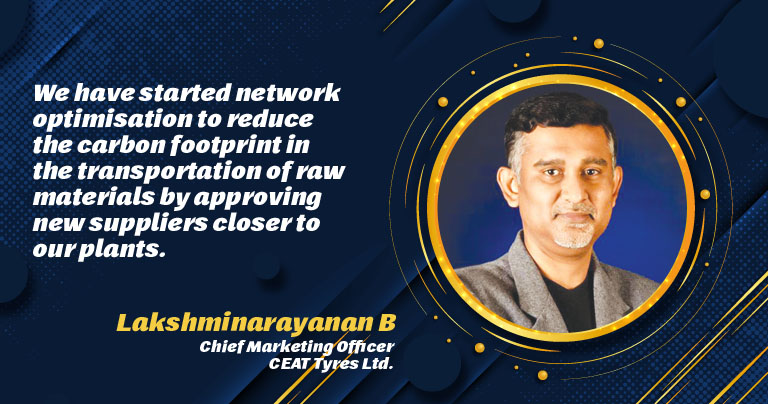
The tyre business has widely recognised the impact of climate change due to the industrial revolution. CEAT Tyres Ltd has been proactive by already substituting about 30 percent of our power requirements with green energy in the last two years and plan to take this up to 50 percent shortly. Lakshminarayanan B, Chief Marketing Officer, CEAT Tyres Ltd, in an interview with B2B Purchase, talks about the company’s initiative to identify alternative uses for these recycled materials.
How do you compliment sustainability?
AT CEAT, we believe in driving sustainability as a core part of our business. We have invested heavily in developing sustainable products across our commercial, passenger, and two-wheeler categories. We are the first in the domestic industry to bring out low noise ‘CALM’ technology for the EV segment, which produces less noise and lasts longer. Our low rolling resistance technology roadmap consistently has fuel-efficient tyres that are friendly to the environment and consumer pockets. Innovative products like puncture-safe motorcycle tyres offer a hassle-free consumer experience, and trusted products like Milaze X3 have been delivering the promise of best-in-class tyre life.
The impact of climate change due to the industrial revolution is a widely recognised global risk by the World Economic Forum. Our company has been proactive by already substituting about 30 percent of our power requirements with green energy in the last two years and plan to take this up to 50 percent soon. We are close to 100 percent in green fuel enablement for our utilities and boilers. We have also achieved breakthrough efficiencies in reducing specific water consumption and having the lowest ever wastewater discharge. It is essential to note that the government is now actively formulating policies in the form of extended producers’ responsibility to recycle equivalent amounts produced by them safely and sustainably. We are happy to say that our company has been leading this for years.
What trends do you see in the industry for buyback and recycling?
Recycling of end-of-life tyres is already being done to convert them into crumbs and reclaim rubber which is used in some percentage as part of new tyre manufacturing. Several companies are now developing innovative technology to push the quality grade content generated through this process to a higher level. We are also highly focused on identifying alternate uses for these recycled materials.
How is the shift in procurement pattern impacting the ecosystem?
The supplier ecosystem is still at a nascent stage of sustainable initiatives; hence significant shifts in sourcing policy will take time and depend upon the capacity available with such progressive suppliers (which will be constrained). However, internally we have begun the journey of network optimisation to reduce carbon footprint in the transportation of raw materials by approving new suppliers closer to our plants. Alternate multi-modal transport has also started in a big way in certain sectors, such as using coastal shipping.
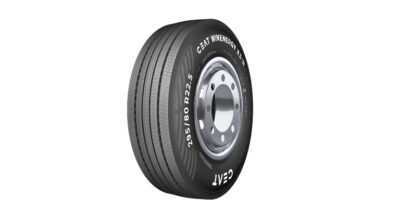
Efficiency is an integral part of our engagement with supplier partners. This year we disseminated our sustainability framework with our suppliers and recognised select suppliers based on their sustainable initiatives. We plan to strengthen this area through a preferred partnership program for those undertaking sustainability as part of their core business focus.
Cookie Consent
We use cookies to personalize your experience. By continuing to visit this website you agree to our Terms & Conditions, Privacy Policy and Cookie Policy.




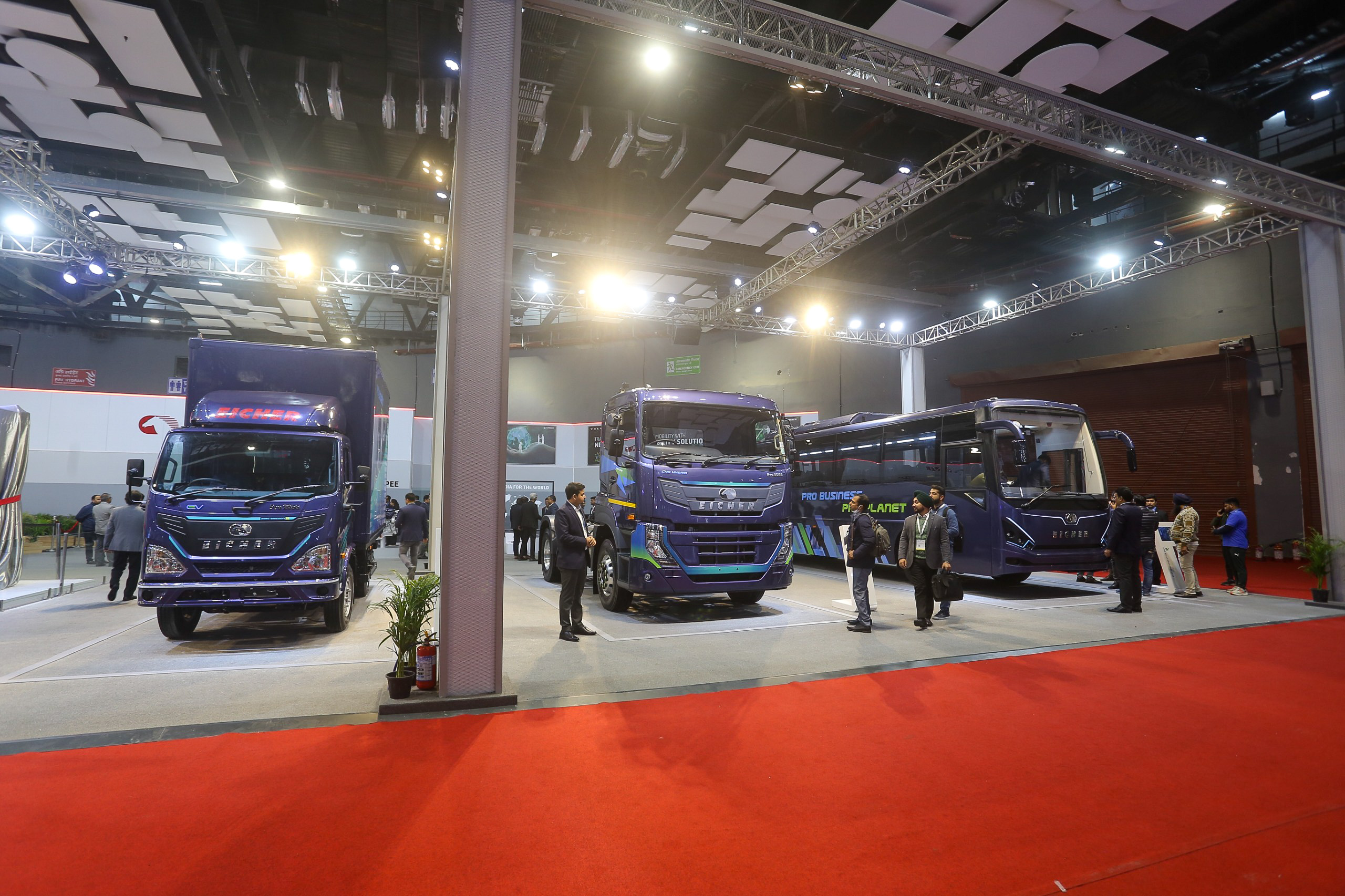
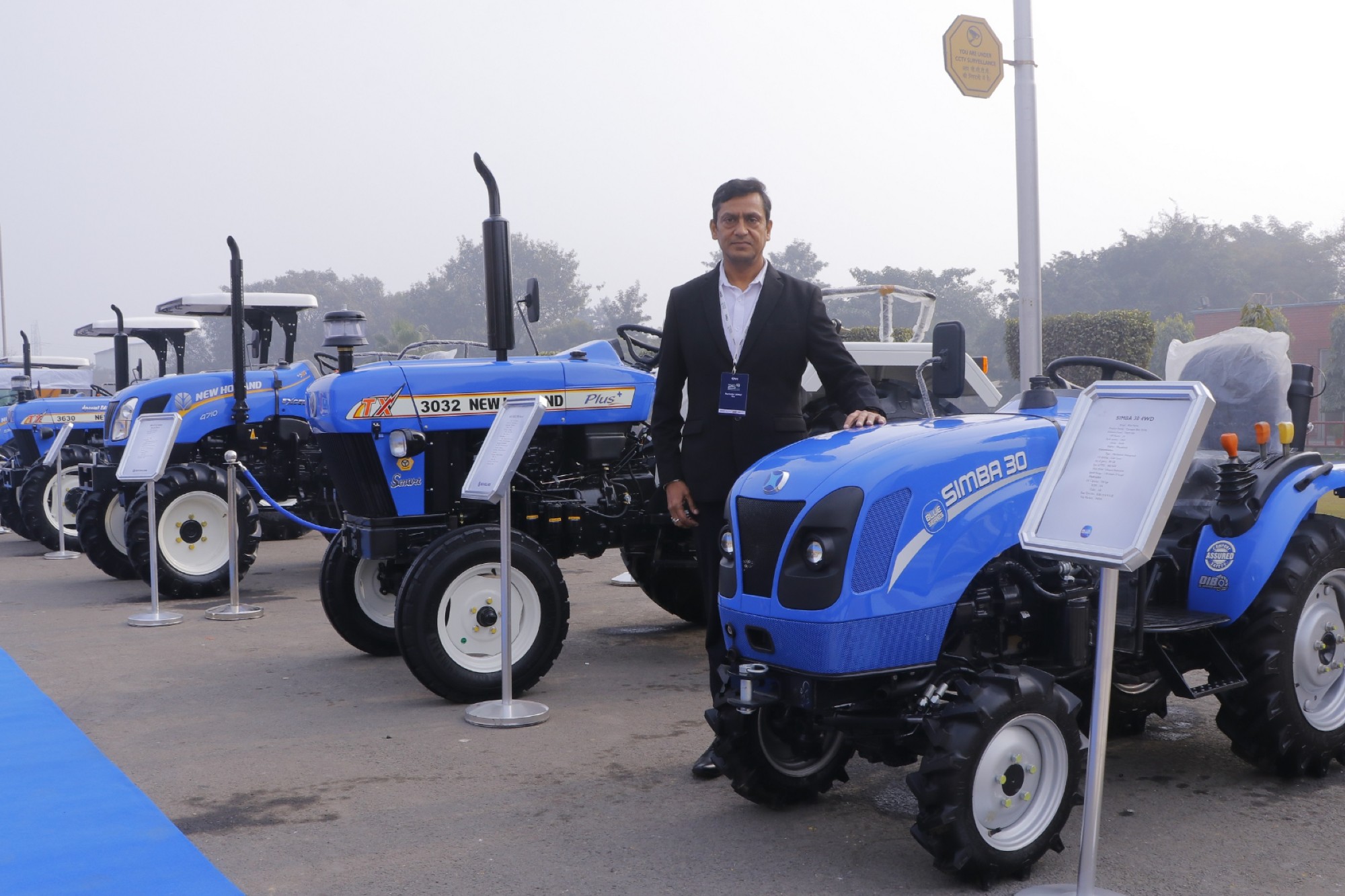
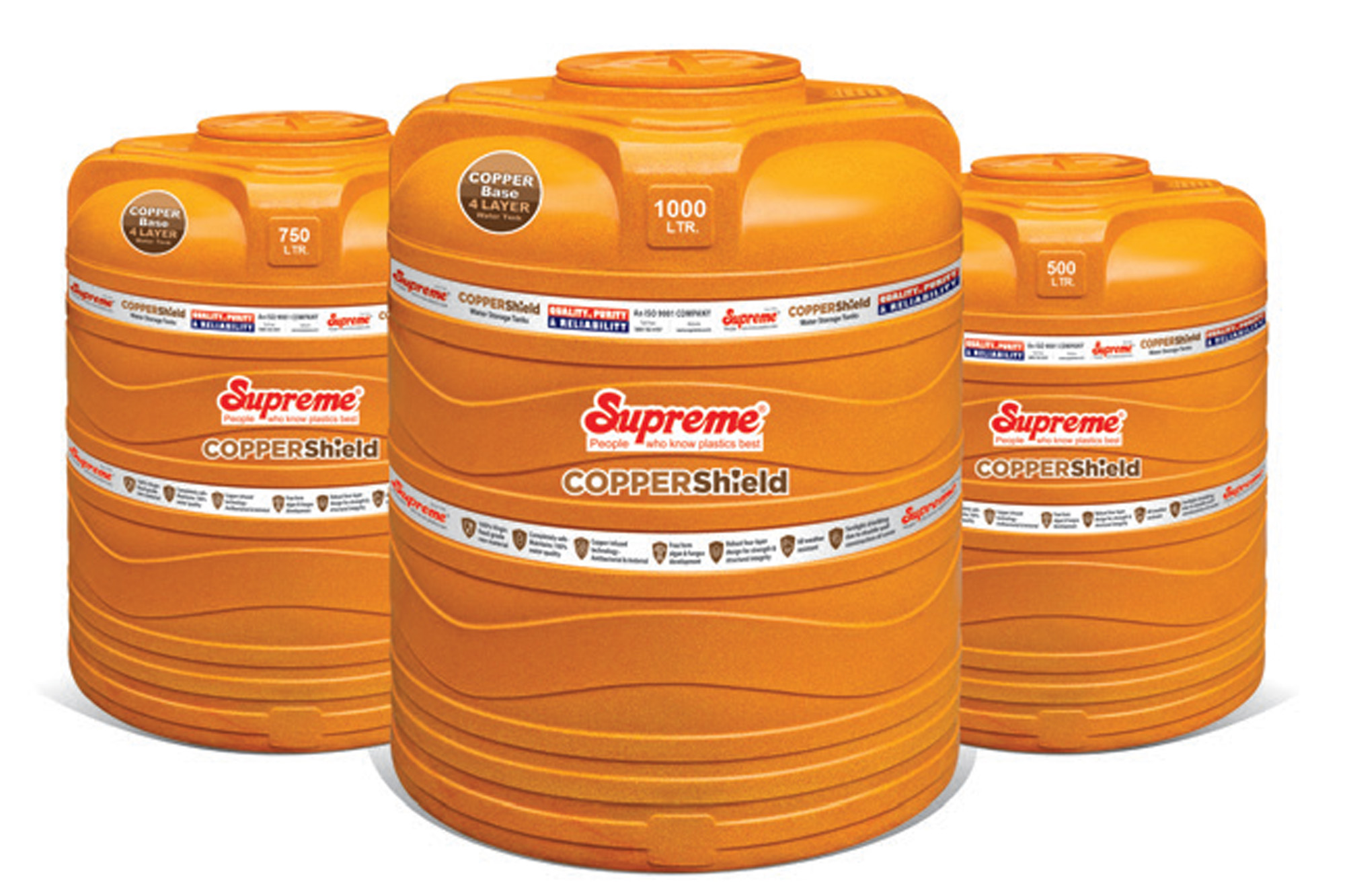
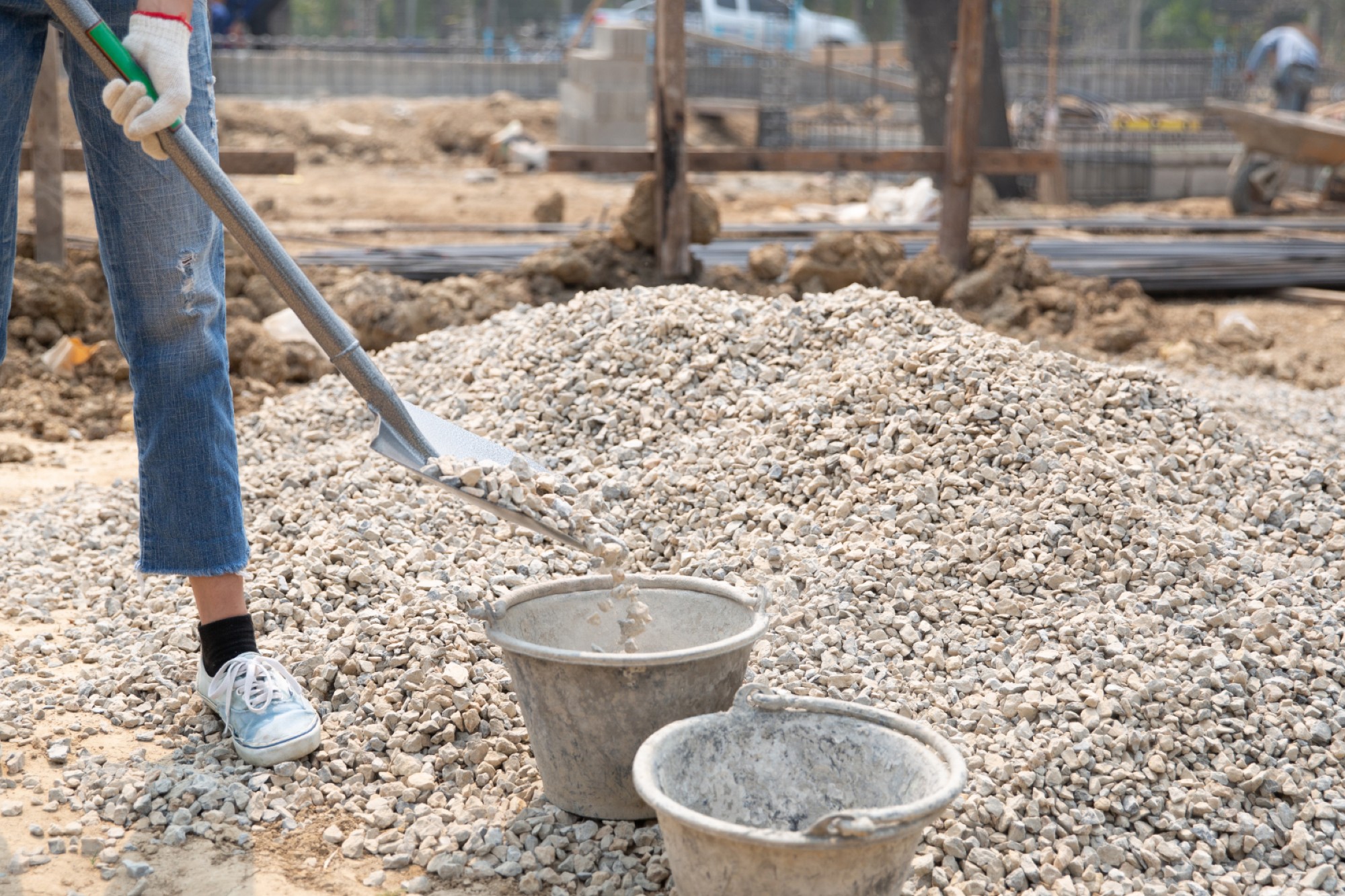



























-20240213125207.png)

























